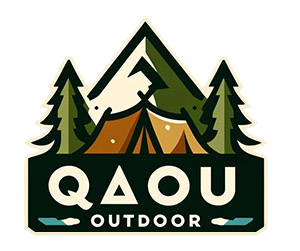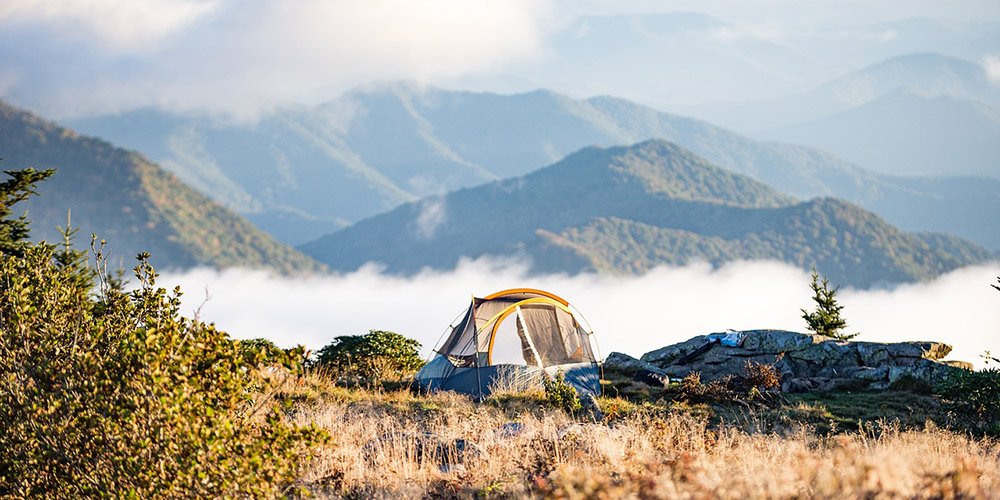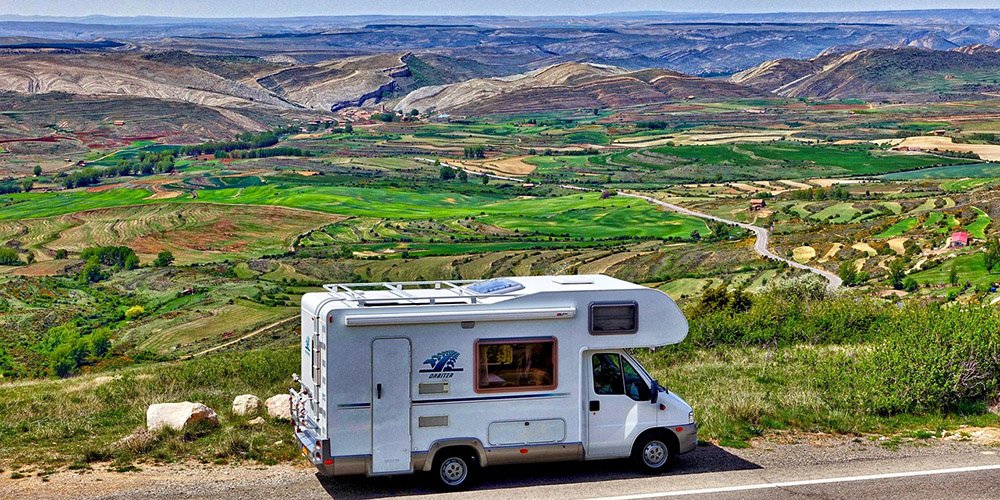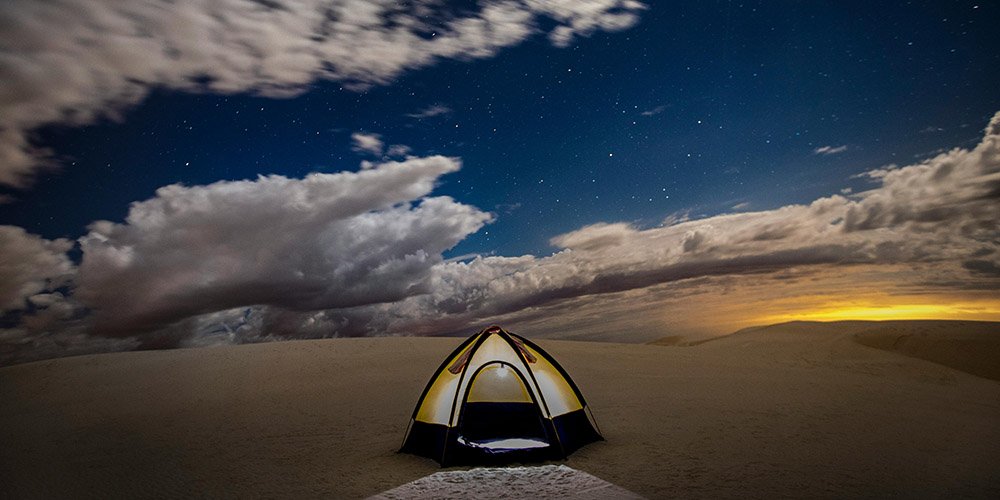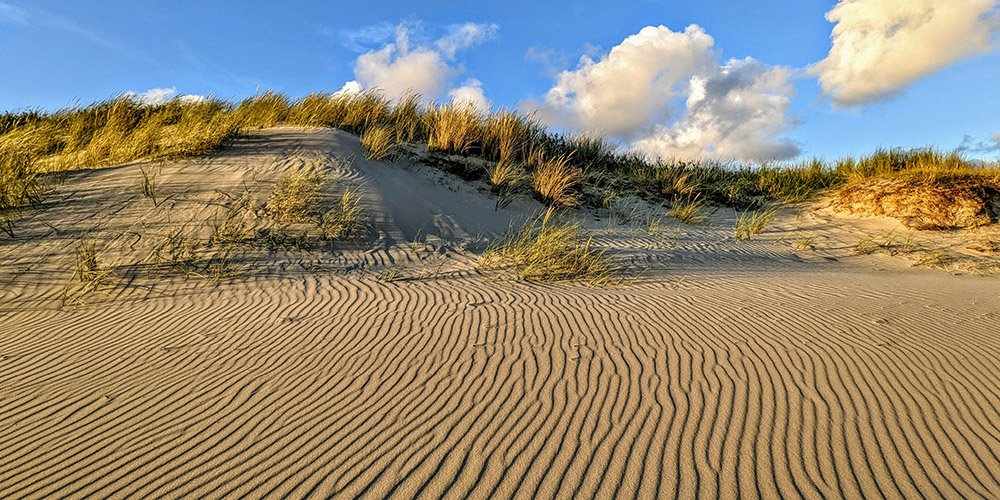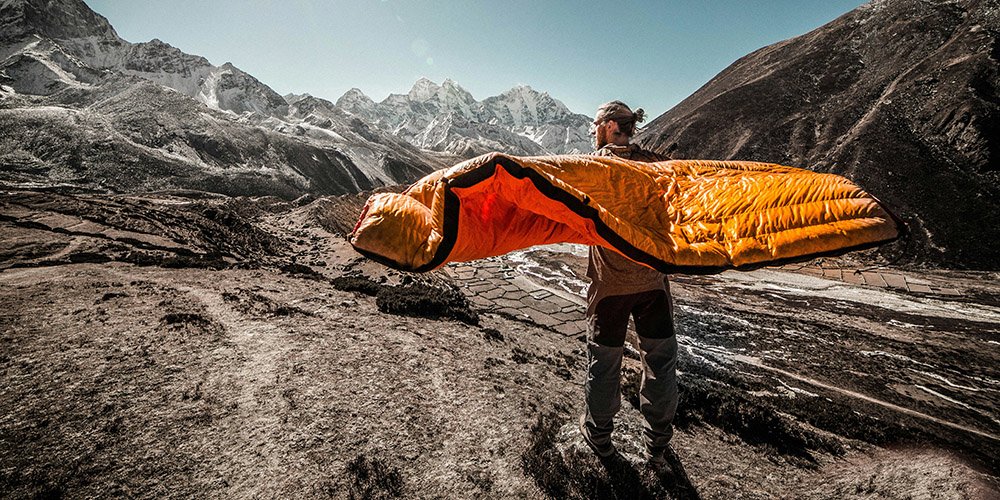Eco Camping: How to Make Camping Sustainable and Eco-Friendly
Hey fellow outdoor enthusiasts! If you love camping as much as I do, you know there’s nothing like setting up your tent under the stars, surrounded by the quiet whispers of nature. But every time we step into the great outdoors, we leave a footprint—sometimes literally! It’s up to us to make sure these footprints don’t disrupt the beautiful wilderness we come to enjoy.
Traditional camping, for all its fun, often misses the mark on environmental consciousness. Who hasn’t seen a deserted campsite littered with waste or natural habitats disturbed by too many visitors? That’s not the legacy we want to leave. Instead, we can turn our camping trips into opportunities to support and sustain the environment, ensuring these places remain pristine and vibrant for others to enjoy after us – That’s eco-camping.
Understanding Sustainable Camping
So, what exactly is sustainable camping or eco camping? Simply put, it’s camping with a conscience. It involves making choices that reduce our impact on the environment and preserve natural resources. Think of it as treading lightly—wherever you set up camp, you aim to leave no trace that you were there, from the moment you arrive to when you pack up.
The key principles of eco-friendly camping revolve around minimizing waste, conserving natural habitats, and respecting wildlife. It’s about being proactive in protecting nature while still enjoying all the fun and adventure camping has to offer. And trust me, adopting these practices doesn’t just help the planet—it makes your camping experience even more rewarding.

Planning Your Trip
The journey to eco-friendly camping starts long before you hit the road.
First up, choosing your campsite. Opt for spots that are recognized for their sustainability efforts. These places often have measures in place to limit environmental impact and promote conservation.
Next, let’s talk planning. Reducing waste is huge here. This means packing items that can be reused and avoiding single-use products. Planning meals carefully to avoid leftovers, bringing reusable water bottles, and using eco-friendly toiletries—all these small steps add up to a big difference.
And how about getting there? The less carbon footprint, the better. Carpooling, using public transport, or even biking to your campsite are fantastic ways to reduce emissions. Plus, it’s a chance to start your adventure before you even reach the campsite!
Gear and Equipment
Packing the right gear is crucial not just for your comfort, but also for the environment.
When it comes to tents, not all are created equal. Look for tents made from sustainable materials—yes, they exist! These are designed to reduce environmental impact without compromising quality or durability. And while you’re at it, why not check out sleeping bags and backpacks made from recycled materials too?
Now, let’s talk power. Solar chargers are your best friends in the wild. They harness the sun’s energy to keep your devices powered up, which is not only cool but also super eco-friendly. Imagine charging your phone or GPS with the same sunshine that warms your face. That’s clean energy at its finest!
Choosing biodegradable and sustainable products extends to everything from your soap to your bug spray. These products break down naturally and don’t leave harmful residues behind. So, you can stay clean and bug-free without worrying about contaminating the campsite.
Setting Up Camp
Finding that perfect spot to pitch your tent is an art. But wherever you set up, make sure you’re minimizing your impact. Use existing camping spots and avoid making new clearings. Keep your campsite compact to preserve the surrounding vegetation and soil.
Waste management is a big part of sustainable camping. Adopt the mantra of reduce, reuse, recycle—even in the wild. Bring along reusable containers, avoid disposables, and sort your waste, ready to take it back home if needed. Remember, if you pack it in, you pack it out!
Energy conservation doesn’t stop with solar charging. Think about how you use resources like water and firewood. Use a camp stove for cooking, which is more efficient and less impactful than a campfire. And when it comes to water, use sparingly. If you wash dishes or clothes, use biodegradable soap and do it well away from water sources to prevent contamination.

Interacting with Wildlife and Nature
Nothing beats the thrill of encountering wildlife on a camping trip. However, it’s vital to respect these creatures and their homes.
Always observe wildlife from a distance—use binoculars or a zoom lens to get a closer look without intruding. Feeding wildlife is a big no-no; it disrupts their natural behaviors and diet.
Sticking to trails isn’t just about following the rules—it’s about preserving the fragile ecosystems that those trails protect. When we venture off-trail, we risk damaging native plants and causing erosion. Plus, staying on the trail makes it less likely you’ll get lost!
Photography is a fantastic way to capture the beauty of nature, but let’s keep it ethical. Avoid using flashes which can startle wildlife, and never manipulate the environment for that “perfect shot.” Respect the scene as you find it, and your photos will reflect the true beauty of nature.
Leaving No Trace
The Leave No Trace principles are the gold standard for eco-friendly camping. Here’s the rundown:
- Plan ahead and prepare to minimize impact.
- Travel and camp on durable surfaces.
- Dispose of waste properly.
- Leave what you find.
- Minimize campfire impacts.
- Respect wildlife.
- Be considerate of other visitors.
As you pack up, ensure your campsite looks as though you were never there. That means packing out all trash, dismantling all structures, and smoothing over your campsite. Leave it better than you found it, always.
Final Thoughts
Eco-friendly camping doesn’t just preserve the great outdoors; it enriches your experience in it. By camping sustainably, you connect with nature in a respectful and responsible way, ensuring these wild spaces stay wild and wonderful for everyone.
Let’s all commit to these practices. Share what you’ve learned with fellow campers, lead by example, and help spread the word. Every small action contributes to a larger impact. So, grab your gear (the sustainable kind!), hit the trails, and remember—camp responsibly!
